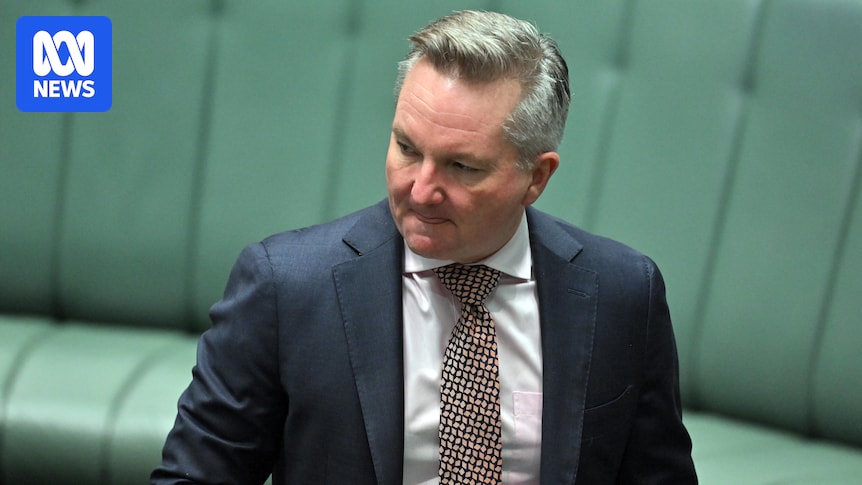Bowen: Carbon Tariff Possible, Australia Needs More Climate Action
Australia's Climate Change Minister, Chris Bowen, has signaled a potential shift towards carbon tariffs as a key tool to accelerate the nation's climate action and meet its emissions reduction targets. This comes amidst growing international pressure and concerns over Australia's comparatively slower progress compared to other developed nations. The statement has sparked significant debate, with businesses weighing the implications and environmental groups pushing for stronger commitments.
What are Carbon Tariffs?
Carbon tariffs, also known as border carbon adjustments (BCAs), are essentially taxes levied on imported goods from countries with less stringent climate policies. The aim is to level the playing field for domestic industries that already face carbon pricing or stricter environmental regulations. By making imports from high-carbon emitting nations more expensive, carbon tariffs incentivize those countries to reduce their emissions.
This isn't a new concept globally. The European Union, for example, is already implementing a Carbon Border Adjustment Mechanism (CBAM), a system designed to prevent "carbon leakage," where industries relocate to countries with less stringent environmental rules to avoid carbon costs.
Bowen's Statement and its Implications
Bowen's recent comments suggesting the possibility of Australia adopting a similar mechanism represent a significant development. He emphasized the need for Australia to demonstrate credible climate action to maintain its international competitiveness and avoid potential trade penalties. This suggests a move away from solely relying on voluntary measures and market-based mechanisms.
- Increased Pressure on Businesses: Australian industries will need to adapt to the potential introduction of carbon tariffs, either by reducing their emissions or preparing to absorb higher import costs. This will likely accelerate investment in clean technologies and sustainable practices.
- Strengthened International Relations: The adoption of a carbon tariff could strengthen Australia's commitment to international climate agreements and improve its standing on the global stage. However, it could also strain relations with trading partners who might view it as protectionist.
- Debate over Domestic Policy: The announcement has fueled further debate about Australia's broader climate policies, including the pace of the energy transition and the role of different sectors in achieving emission reduction targets.
Australia's Climate Action Trajectory
Australia has committed to reducing emissions by 43% by 2030 (compared to 2005 levels), a target considered ambitious by some and insufficient by others. The successful implementation of a carbon tariff would necessitate a clear and comprehensive strategy encompassing:
- Transparent Measurement and Reporting: Accurate measurement of carbon emissions in imported goods is crucial for effective tariff implementation.
- Phased Rollout: A gradual introduction of the tariff could minimize disruption to businesses and allow for adjustments.
- International Collaboration: Cooperation with trading partners is essential to avoid trade disputes and ensure a fair and equitable system.
The Road Ahead
The potential introduction of a carbon tariff marks a significant step in Australia's climate action journey. While the details remain to be worked out, it signifies a growing recognition of the economic and environmental urgency to reduce emissions. This policy will likely be shaped by ongoing discussions, economic considerations, and international developments. Further updates and detailed policy announcements are anticipated in the coming months.
Want to stay updated on Australia's climate policy? Subscribe to our newsletter for the latest news and analysis! [Link to Newsletter Signup]
Related Articles:
- [Link to article about Australia's emissions reduction targets]
- [Link to article about the EU's CBAM]
- [Link to article about the impact of climate change on Australia]
(Note: Replace bracketed links with actual links to relevant content.)

